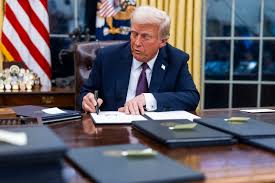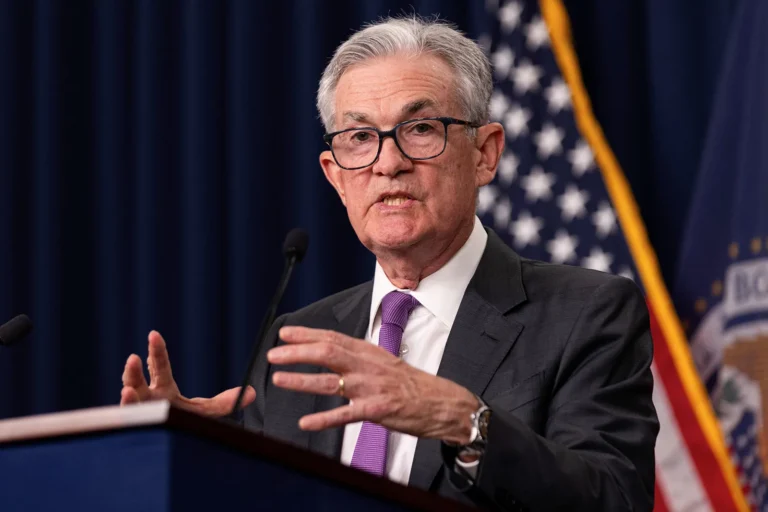The Hook: Imagine this—you’ve built a business in the crypto industry, poured your time and energy into innovation, and suddenly, banks refuse to work with you. No accounts, no transactions, no payroll. Why? That’s the question a U.S. House committee is digging into right now.
What’s Happening? The U.S. House Committee on Oversight and Government Reform has stepped into uncharted territory by investigating “debanking” in the crypto industry. They’ve sent letters to top crypto executives like the CEOs of Uniswap, Coinbase, and Kraken, asking about their struggles with maintaining bank accounts in the U.S.
Here’s why this matters: Many crypto firms claim they’ve been unfairly denied access to banking services, especially after scandals like the collapse of FTX in 2022. Now, lawmakers are trying to uncover whether these banking restrictions come from the banks themselves or if government agencies are secretly pressuring them.
Key Terms to Remember:
- Debanking: When financial institutions deny or terminate banking services for specific industries or companies.
- Operation Choke Point 2.0: A term describing the alleged government crackdown on crypto, inspired by a similar effort during the Obama administration that targeted other “risky” industries.
- Oversight Committee: A powerful U.S. House committee that investigates government actions and holds federal agencies accountable.
Why Does This Matter? This investigation isn’t just about crypto; it’s about freedom, innovation, and fairness in the financial system. Here’s what’s at stake:
- Chilling Effect on Innovation: If crypto companies can’t access basic banking services, they’ll struggle to survive. This could push groundbreaking technologies overseas, leaving the U.S. behind in the global crypto race.
- Economic Risks: Debanked companies might not be able to pay employees or fund projects, creating economic instability for a fast-growing industry.
- Political Overreach: Critics argue that the government is weaponizing the financial system to target industries it doesn’t like. If true, this raises concerns about fairness and transparency in a democratic society.
How Did We Get Here? After FTX’s implosion, trust in crypto took a hit. The Federal Reserve and other agencies issued warnings about “crypto-asset risks.” In response, banks became more cautious, with some cutting ties with crypto firms entirely. This sparked a wave of complaints and even lawsuits, like Coinbase suing the Federal Deposit Insurance Corporation (FDIC) for allegedly blocking crypto from the banking system.
Now, lawmakers are stepping in. Committees like the House Financial Services and Senate Banking have already pledged to investigate. But the House Oversight Committee’s involvement marks a new level of scrutiny—one focused on uncovering the truth behind these banking barriers.
Steps the Committee is Taking:
- Fact-Finding: They’ve reached out to crypto leaders for firsthand accounts of debanking.
- Historical Context: They’re comparing today’s crypto crackdown to past incidents, like “Operation Choke Point.”
- Broad Scope: Even First Lady Melania Trump’s alleged experience with debanking is being considered as part of the investigation.
Why Should You Care? As someone interested in crypto, this is more than a news headline—it’s a battle for the future of the industry. If the U.S. clamps down too hard, it could stifle innovation, drive businesses abroad, and limit opportunities for young entrepreneurs like you. Understanding these issues helps you see the bigger picture: crypto isn’t just about trading coins; it’s about reshaping global finance and challenging traditional systems.
What’s Next? The investigation is just beginning, but it’s likely to spark heated debates. Some lawmakers may use it as a chance to score political points, while others will focus on getting to the truth. Either way, the outcome could shape how the crypto industry interacts with banks—and the government—for years to come.
Stay informed, because the decisions made today will affect the opportunities and challenges you’ll face in the future.



